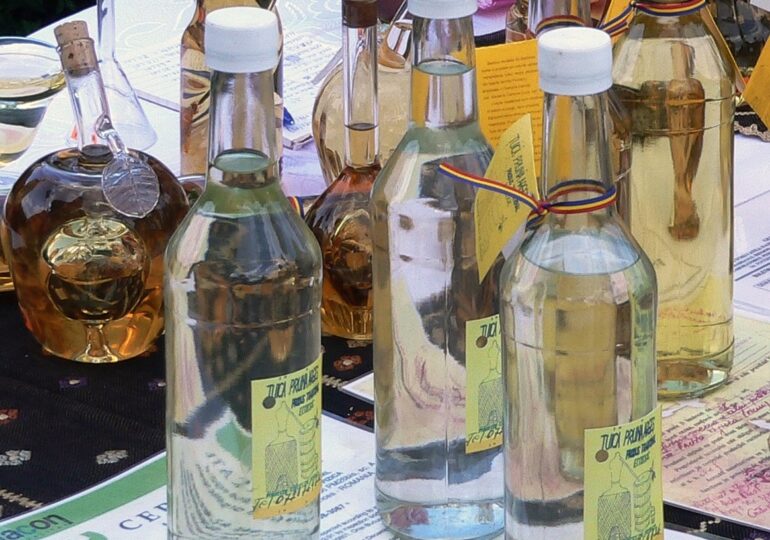Extreme drought, heavy rains, and storms intensified by climate change threaten the production of some very popular alcoholic beverages.
Producers are trying different methods to protect their crops or modifying recipes to cope with the effects of climate change, but they do not have solutions for all alcoholic beverages threatened by severe weather episodes, reports Euronews.
Less Prosecco
The acidic white wine produced in the mountain vineyards of northeastern Italy is among the most popular beverages in Europe, but grape harvests are declining, devastated by extreme weather and soil degradation.
A study published last year in the scientific journal iScience shows that vineyard crops are "fragile and under threat." Sudden and intense precipitation episodes trigger rapid soil erosion and landslides in the steep vineyards of Valdobbiadene and Conegliano, where the highest-quality prosecco is produced.
Furthermore, drought makes irrigating the vineyards extremely challenging.
Unstable weather, triggered by climate change, could reduce wine grape harvests in Italy by up to one-fifth, producers estimate.
British Beer, on the Verge of Disappearance
The famous beer is in danger due to climate change. Warmer and drier weather affects hop crops, the plant that gives beer its bitter taste.
Researchers are currently working on obtaining hop varieties resistant to climate change. "Without this, British beer will die," said Danielle Whelan from Shepherd Neame brewery to the BBC. "We will import beer and we will no longer have our own culture," she added.
Beer on the continent is also at risk. Hop production in Europe could decrease by up to 18% by 2050, estimate a research team from the Czech Academy of Sciences (CAS) and the University of Cambridge.
Guinness is at Risk Due to Water Shortages
Diageo Plc, the world's largest spirits company, produces various beverages, including Tanqueray gin, Guinness beer, and Baileys Irish Cream. The company's management is concerned about the lack of water.
Water accounts for over 60% of the content of spirits and over 90% of beer, and the beverage producer operated last year from 43 locations worldwide located in water-deficient areas.
"You can have the most efficient beer factory or distillery in the world. But that won't reduce your risk if there is a drought," said Alexander to Time.
Palinka with an Exotic Taste
The traditional drink produced in Hungary (Pálinka) and in Transylvania through double distillation, obtained exclusively from fruits, is also affected by climate change.
The most commonly fermented and distilled fruits for palinka production are plums, apricots, apples, pears, raspberries, and cherries, but some of these are becoming increasingly difficult to source. In Hungary, for example, unfavorable weather threatens the production of fruits such as raspberries and black currants, experts say.
The dominant westerly winds are weakening, while meteorological conditions from the north and south arrive more frequently. Consequently, unripe fruits freeze on trees in spring, and orchards are decimated by drought in summer.
Some producers have shifted to planting late-producing trees to avoid frosty periods in May, but this imparts a different taste to palinka.
T.D.

